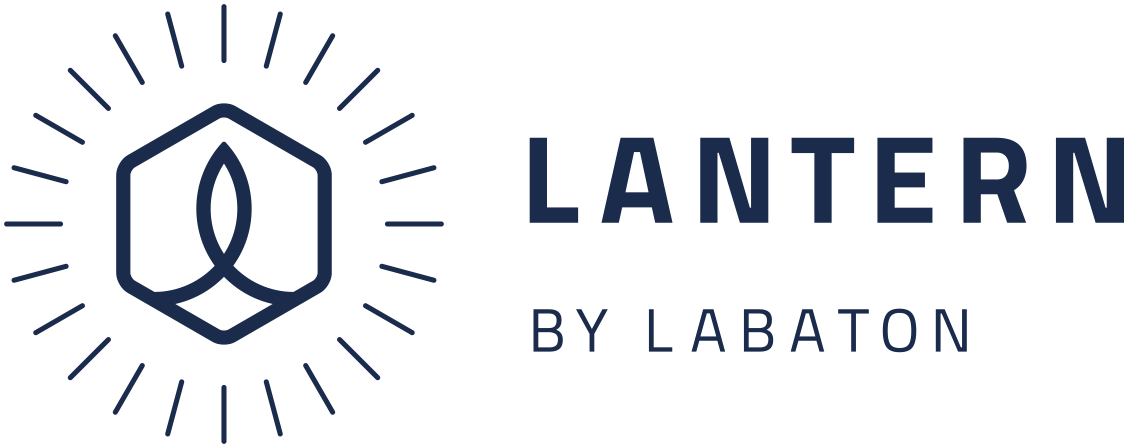Tesla is one of the largest electric vehicle companies, standing out not just for its technology but also its direct-to-customer sales model. Primarily through their website, potential buyers can browse the prebuilt inventory or customize their Tesla, selecting features that align with their preferences. However, Tesla has been accused of deceptively advertising both the range of its electric vehicles and the capabilities of the Full Self-Driving premium feature.
When buying electric vehicles, many consumers make purchasing decisions based on the vehicle’s advertised driving range—the distance the electric vehicle can travel on a single charge. This range isn’t just a number; it represents the practicality of the vehicle, influencing everything from daily commutes to road trips.
The Environmental Protection Agency (EPA) suggests methods for calculating range to electric vehicle manufacturers. Lawsuits allege that Telsa adopted a different method, one that potentially showcases their cars as having superior range compared to competitors.
Despite advertising ranges based on a full battery charge, Tesla advises owners against charging their vehicles to 100% and only up to a suggested charge limit. Effectively, based upon Tesla’s suggested charge limits, Tesla vehicles cannot reach the total ranges Tesla advertises.
The way Tesla addresses customer concerns regarding their cars’ ranges and batteries has also come under scrutiny. A Reuters investigation claims that Tesla has been exaggerating the advertised range of its vehicles. Reuters also claims that Telsa has a so-called “Diversion Team” within Tesla, specifically established to handle complaints about battery and range issues. Reuters reports that this diversion team was tasked with diverting customers away from service appointments regarding concerns over vehicle range.
Furthermore, the California Department of Motor Vehicles has accused Tesla of making misleading statements that describe the Full Self-Driving feature – a premium feature that can cost up to $15,000—as more capable than it actually is.
As electric vehicles surge in popularity, it is important that consumers receive accurate information to make informed consumer choices about which electric vehicles to buy. Labaton is pursuing private arbitration claims against Tesla on behalf of consumers who purchased new Tesla vehicles. The claims allege that Tesla buyers were misled by the advertised ranges of their vehicles and Tesla’s statements regarding the capabilities of the Full Self-Driving premium feature. Successful claims could be entitled to compensation.

